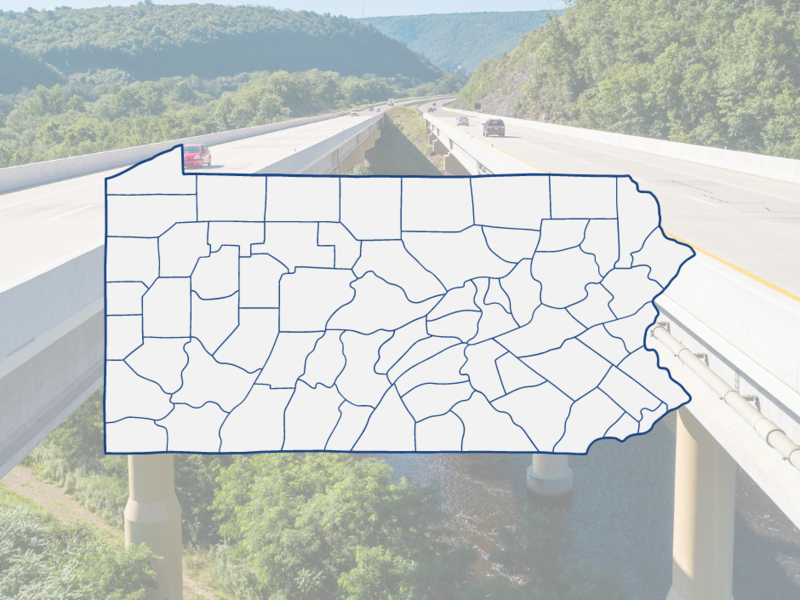
On Monday, the Pennsylvania Supreme Court struck down the state's congressional map as an unconstitutional partisan gerrymander, giving the GOP legislature and Democratic Gov. Tom Wolf until February 15 to agree on a new plan - or else it will impose its own. Republicans are hoping the Supreme Court will intervene, but Democratic attorneys are confident the ruling will stand because it relates to the state (rather than federal) constitution.
Democrats immediately cheered the news, but blustery predictions that Democrats stand to gain four to five new seats from a new "nonpartisan" map are premature in part because there were already up to six Republican-held seats at some degree of risk in November.
It's true that Pennsylvania's current map is one of the most aggressive GOP gerrymanders in the country. Since 2012, it's helped enshrine a 13 to 5 Republican majority in an evenly divided state. But it's also misunderstood: to gain that advantage, Republicans had to spread their voters thinly across a wide number of districts, particularly in suburban Philadelphia. So if a new map makes some districts more










Subscribe Today
Our subscribers have first access to individual race pages for each House, Senate and Governors race, which will include race ratings (each race is rated on a seven-point scale) and a narrative analysis pertaining to that race.